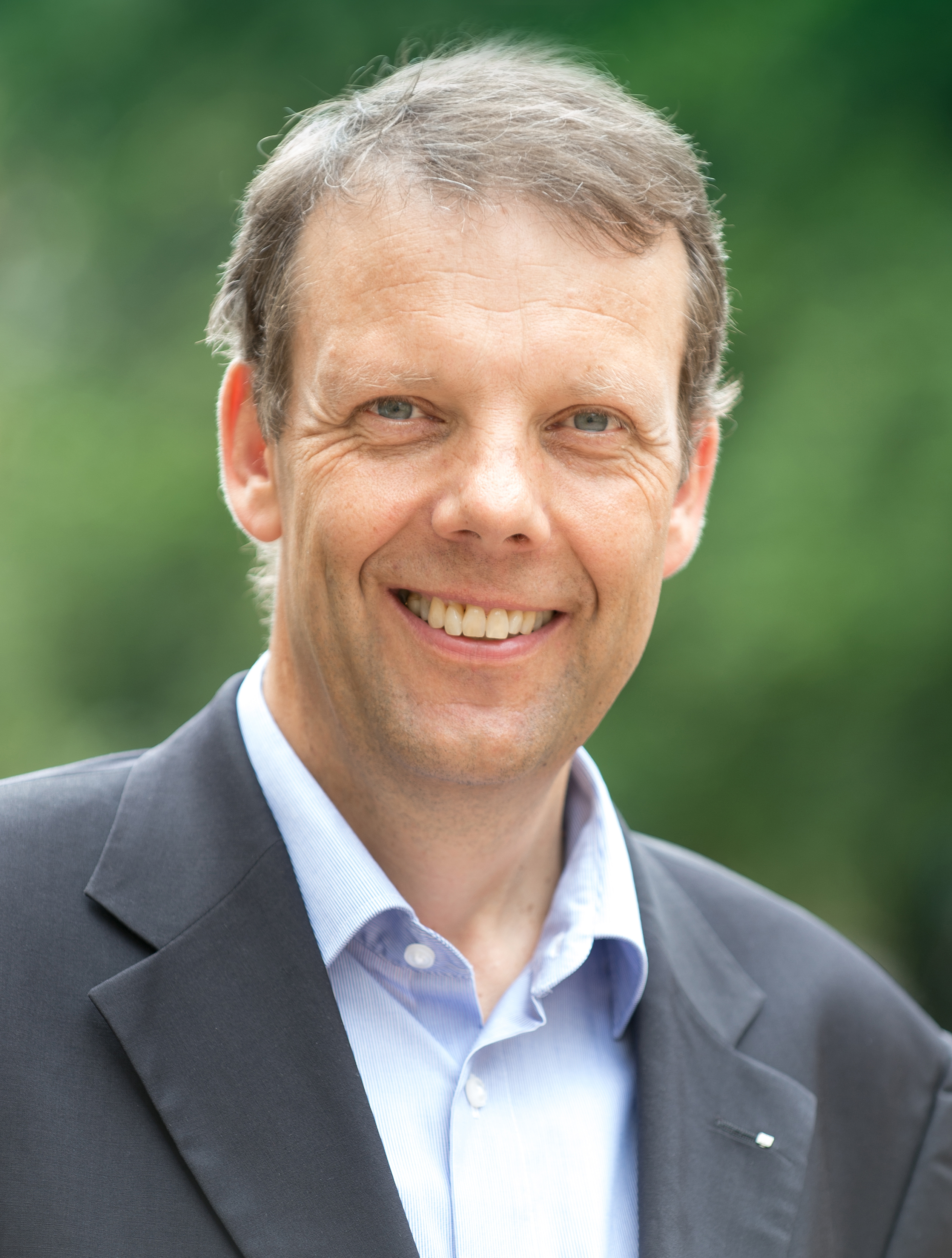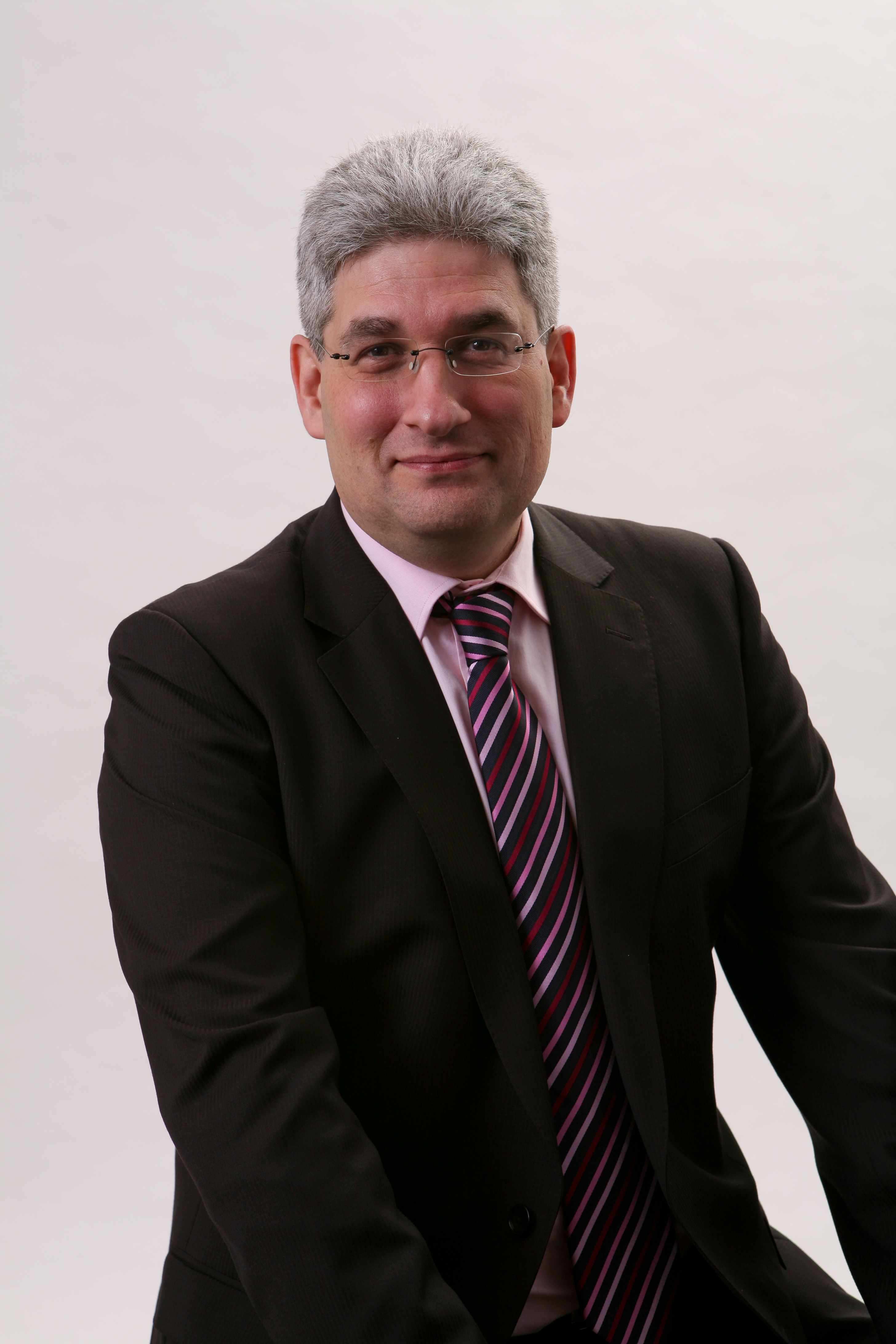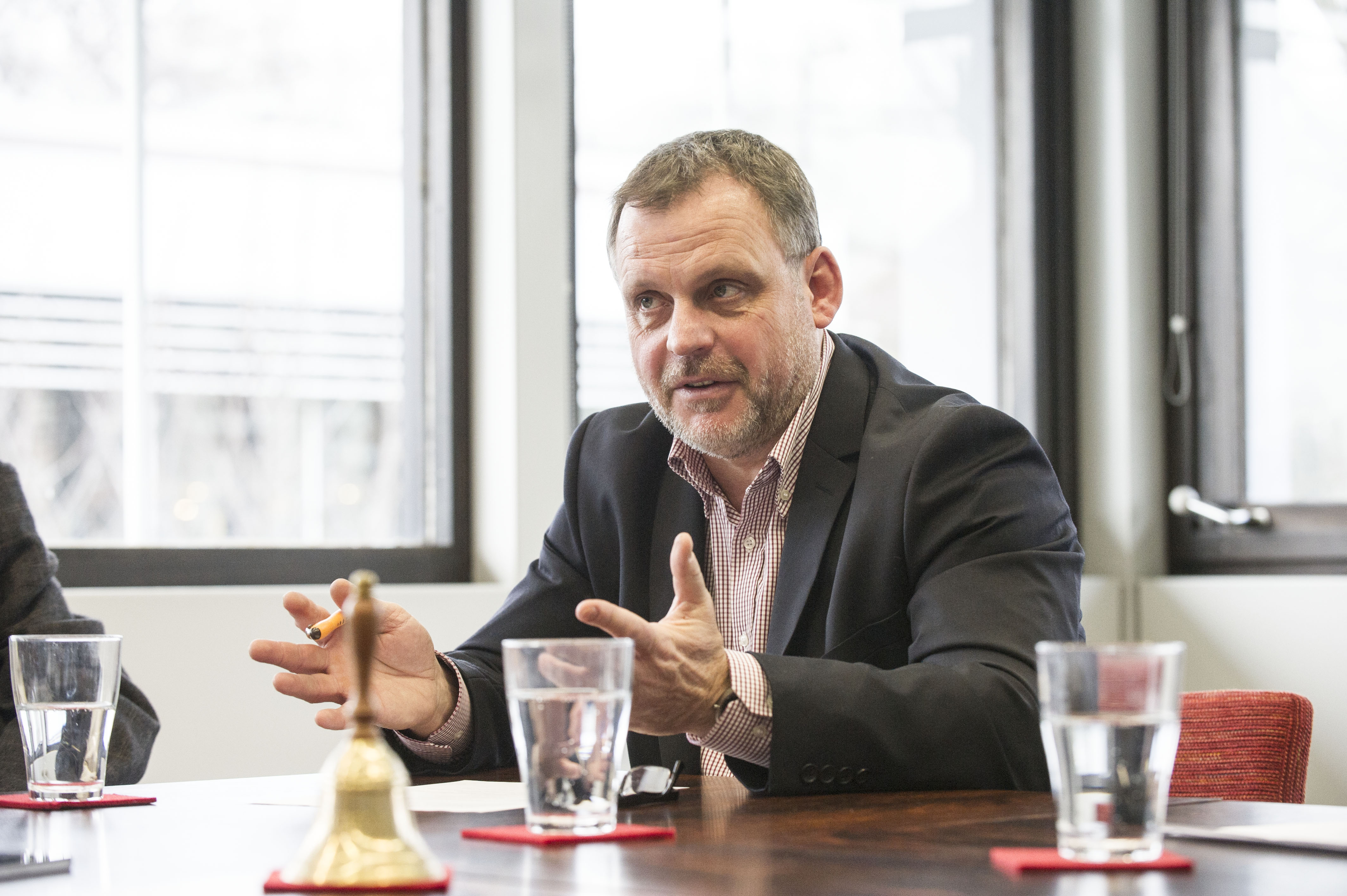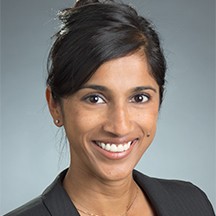Keynote speakers
Professor Dr.-Ing. Norbert Gronau
Potsdam University, Germany

Univ.-Prof. Dr.-Ing. Norbert Gronau (born 1964) studied engineering and business administration at Berlin University of Technology. He got his Ph.D. in 1994 and finished then his habilitation thesis in industrial information systems. Since more than ten years he holds the Chair of Business Informatics, esp. Processes and Systems at the University of Potsdam, Germany. His main research activities concentrate on the areas of knowledge management and process management in private and public organizations. Together with Potsdam Consulting Group Prof. Gronau has supported a variety of small and large companies by advising them. Prof. Gronau is editor of the scientific journals Industrie4.0 Management, ERP Management and Procuctivity Management and author of many research papers and author of books on enterprise systems, knowledge management and business process management.
Link to Web page: https://wi.uni-potsdam.de/
The impact of Big Data on theory and practice of Business Informatics
The oputput of Internet of things gadgets and sensors lead to new heights of data volume which can be processed propelling new business models and optimizing business processes. The key note gives an overview on the status of Big Data Analytics in Europe and proposes some demands for the research landscape from a practical viewpoint. These demands are then compared with the existing activities in Business Informatics. The keynote concludes with some appeal to focus on new research oportunities to increase relevance and business impact of Business Informatics in Europe.
Professor Marek Kowalkiewicz
Queensland University of Technology, Australia

Professor Marek Kowalkiewicz is an academic and industry leader with extensive experience in conducting academically sound research, co-innovating with industry and university partners, and delivering innovative products to the market. Currently, as Professor and PwC Chair in Digital Economy, as well as Leader of the Embracing Digital Age research theme, he leads Queensland University of Technology’s research agenda to inform and influence a robust digital economy in Australia. Marek manages a contemporary research portfolio and converts industry driven opportunities into research outcomes of global relevance. He is an invited government expert, university lecturer, and project lead, as well as an inventor and author.
Marek is recognised as a top quality manager and excellent public speaker and has an interest in working with stakeholders in developing innovative ideas, ground-breaking business applications and high-impact new technologies.
Link to Web page: http://staff.qut.edu.au/
Thriving in Digital Economy
The digital economy has been both a significant positive trend in the world and a big headache for many entrepreneurs who do not want to fall behind. It is no longer enough for organisations to focus on process improvements or cost reduction. To thrive in the digital economy, it is critical to be able to look for new opportunities, find and exploit them.
Prof. Marek Kowalkiewicz has spent the last eight years working with small and large businesses, governments and individuals in Australia, Singapore and Silicon Valley. He has been helping them to address challenges and to identify opportunities brought by the digital economy.
In this talk, Marek will share what has worked and what has not. He will present the framework he developed for organisations to follow, to succeed in the digital economy, as well as discuss example projects where the framework was applied.
Professor Paweł Kalczyński
California State University, Fullerton, USA

Prof. Pawel Kalczynski is a Professor of Information Systems and Decision Sciences in the Mihaylo College of Business and Economics at California State University – Fullerton. He is also a Managing Partner at Custom Analytics Consulting, LLC. He successfully used advanced numerical simulation methods to develop, test, and compare complex decision models in manufacturing (scheduling), electric energy generation and location analysis. Prof. Kalczynski also led or co-led multiple applied research projects resulting in a novel approach to clickstream analysis for retail websites. He has received several research awards and grants. In 2010, Kalczynski worked on a team that designed and implemented a new bachelor of e-commerce program at the Foreign Trade University in Hanoi, Vietnam (funded by the World Bank). As a business consultant, Kalczynski has developed multiple forecasting and advanced reporting models for a companies in the lending, manufacturing, construction and law enforcement fields. He developed a fraud-detection solution for a local government, and designed a prototype text-mining solution for processing hospital medical records. He has completed a number of other business consulting projects in the areas of supply chain management, IT project valuation, automotive warranty claims analysis, private higher education, and e-commerce. He is currently co-leading an applied research project which aims at developing new virtual bidding strategies on deregulated electricity markets.
Link to Web page: http://business.fullerton.edu/
The Analytics Talent Shortage and Gap Between Business Schools and Industry Needs in the U.S.
The demand for data analysts today far exceeds the supply of talent on the U.S. job market. In addition to the shortage, there exists a gap between the skills acquired by business school graduates and the skills required by the industry. Business schools across the U.S. have been trying to address these issues by offering new academic programs and making changes to the existing curricula but it becomes clear that these efforts have been insufficient. This presentation will analyze business schools’ offerings and industry needs in the field of analytics over the last five years. We will also explore possible reasons for the shortage of talent and the gap between the skills needed by the industry and those offered by analysts. Potential remedies for the shortage of talent and actionable recommendations for closing the gap will be given.
Professor Darren Dalcher Ph.D. (Lond)
HonFAPM FRSA FCMI FBCS CITP SFHEA

Darren Dalcher is a Chaired Professor of Project Management at the University of Hertfordshire, Visiting Professor at the University of Iceland and Adjunct Professor at the Lille Graduate School of Management (SKEMA), Drexel University and WMG. He is the founder and Director of the UK’s National Centre for Project Management (NCPM), an interdisciplinary centre of excellence operating in collaboration with industry, government, academia, third sector organisations and the learned societies.
Following industrial and consultancy experience in managing technology projects, Professor Dalcher gained his PhD from King’s College, University of London. In 1992, he founded an IEEE taskforce focused on learning from project failures. He is active in numerous international committees, standards bodies, steering groups, and editorial boards. He is heavily involved in organising international conferences, and has delivered many international keynote addresses and tutorials. He has written over 200 refereed papers and book chapters and published over 30 books. He is Editor-inChief of the Journal of Software: Evolution and Process and of two established book series focused on advances in managing and leading projects published by Routledge.
He has built a reputation as leader and innovator in the area of practice-based education and reflection in project management and has designed, developed and launched the UK’s first professional doctorate in project management, alongside an extensive suite of executive and professional masters programmes and diplomas. In 2008 he was named by the Association for Project Management as one of the top 10 influential experts in project management and has also been voted Project Magazine’s Academic of the Year for his contribution in “integrating and weaving academic work with practice”. He has been chairman of the influential APM Project Management Conference for an unprecedented five years, setting consecutive attendance records and bringing together the most influential speakers.
He received international recognition in 2010 with appointment as a member of the PMForum International Academic Advisory Council. In October 2011 he was awarded a prestigious lifetime Honorary Fellowship from the Association for Project Management for outstanding contribution to project management.
He has delivered lectures and courses in many institutions across Europe and North America and has won multiple awards and prizes, including most recently, the Best Paper Award from the British Academy of Management and the CMI’s Management Articles of the Year Competition. His research interests focus on rethinking project success and project agility; but also encompass maturity and capability; learning from failures; ethics; life cycles and process improvement; systems and software engineering; decision making; change management; chaos and complexity; project leadership; knowledge management; and evidence-based and reflective practice.
Professor Dalcher is an Honorary Fellow of the Association for Project Management, a Chartered Fellow of the British Computer Society, a Senior Fellow of the Higher Education Academy, a Fellow of the Chartered Management Institute, and the Royal Society of Arts, and a Member of the Project Management Institute, the IEEE and the Academy of Management. He sits on numerous senior research and professional boards, including the PMI Academic Member Advisory Group, the APM Research Advisory Group, the International Advisory Council of PM World Today, the CMI Academic Council, and the APM Group Ethics and Standards Governance Board.
Is it time to rethink project success?
According to some surveys over 50% of projects fail. Others argue that the figure is considerably higher. Over the years we have seen new approaches and novel initiatives, but the profession continues to attract poor ratings and negative publicity.
Why do projects fail? Is there any hope of getting them on track? Do we really understand success and failure in projects?
The notions of success and failure in projects are confusing. Failure is often considered in the context of the iron triangle as the inability to meet time, cost and functionality, or quality, constrains. While there is a consensus around the prevalence of project failure, new projects seem destined to repeat past mistakes. This session tries to advance the discussion by reflecting on what is already known, and by offering a new perspective for reasoning about the meaning of success.
Are we looking at the wrong figures and searching in the wrong places?
By recasting our definition of success it can become possible to revisit the lessons of past failures. A lot of the published discussion is indeed focused on internal parameters of efficiency, however these are limited in the value that they offer practitioners. The talk will introduce a new approach for evaluating and discussing success in projects through the identification of four different types of project success (highlighted and emphasised through cases of failures). The aims of the session are to inculcate a new way of thinking about failure and success; and to offer a richer approach for considering projects and their performance. The session will introduce the concept of addressing success and avoiding failure at multiple levels and deliver a model that enables such consideration, before concluding by highlighting the implications on practice.
Professor Dr. Christof Weinhardt
Director of the group Information and Market Engineering at the Institute for Information Systems and Marketing (IISM), KIT, Germany

Christof Weinhardt graduated in Industrial Engineering, received his Ph.D. in Economics and habilitated in Business Administration. For 15 years he has been professor for Information Systems at the Karlsruhe Institute of Technology (KIT). With his interdisciplinary background his research focuses on topics related to digital transformation with applications in energy, IT services, finance, and telecommunications markets. He is an elected member of the Review Board at DFG (German National Science Foundation), was an expert advisor of the Committee of Enquiry “Internet and the Digital Society” of the Federal Parliament of Germany and since then he focuses his research and academic work more on Online Participation in Economics and Society. He is a political adviser, co-editor, and reviewer for numerous international journals, and conferences, published more than 150 peer reviewed papers and books and received a number of awards for his research, and teaching work.
Smart Services: Enabler of digital Transformation
Dr. Gitanjali Ponnappa
Ernst & Young Ltd., Switzerland

Gitanjali’s focus is Business Enablement, Engagement, Readiness and Transformation. For +17 years she has specialized in major business transformation in asset intensive industries , e.g., Mining, Oil & Gas, Transport & Aviation, Manufacturing. Having lived and worked in every continent (except South America!), in Ernst & Young, Accenture, and Mahindra Tech, she held a number of senior strategy development, business development and transformation program roles. Her work has taken her to interesting and emerging markets such as Mozambique, Kazakhstan, and Qatar; this international-ness is the life blood of the experiences she brings to clients. A Doctorate in Education, Leadership and Innovation, and a PMI Certification as a PMP provides the academic grounding needed to drive pragmatic and strategic business decisions
Big Data Makes for Big Brother
Science Fiction, George Orwell, and his fictional Big Brother: every citizen is under 24X7, „Big Brother is watching you”. What if Big data is less about what surveillance but more about behaviours we exhibit because we are being watched. Answering the big question of big data: How do we improve the quality of life? How do we reduce risk? How do we make order from chaos?